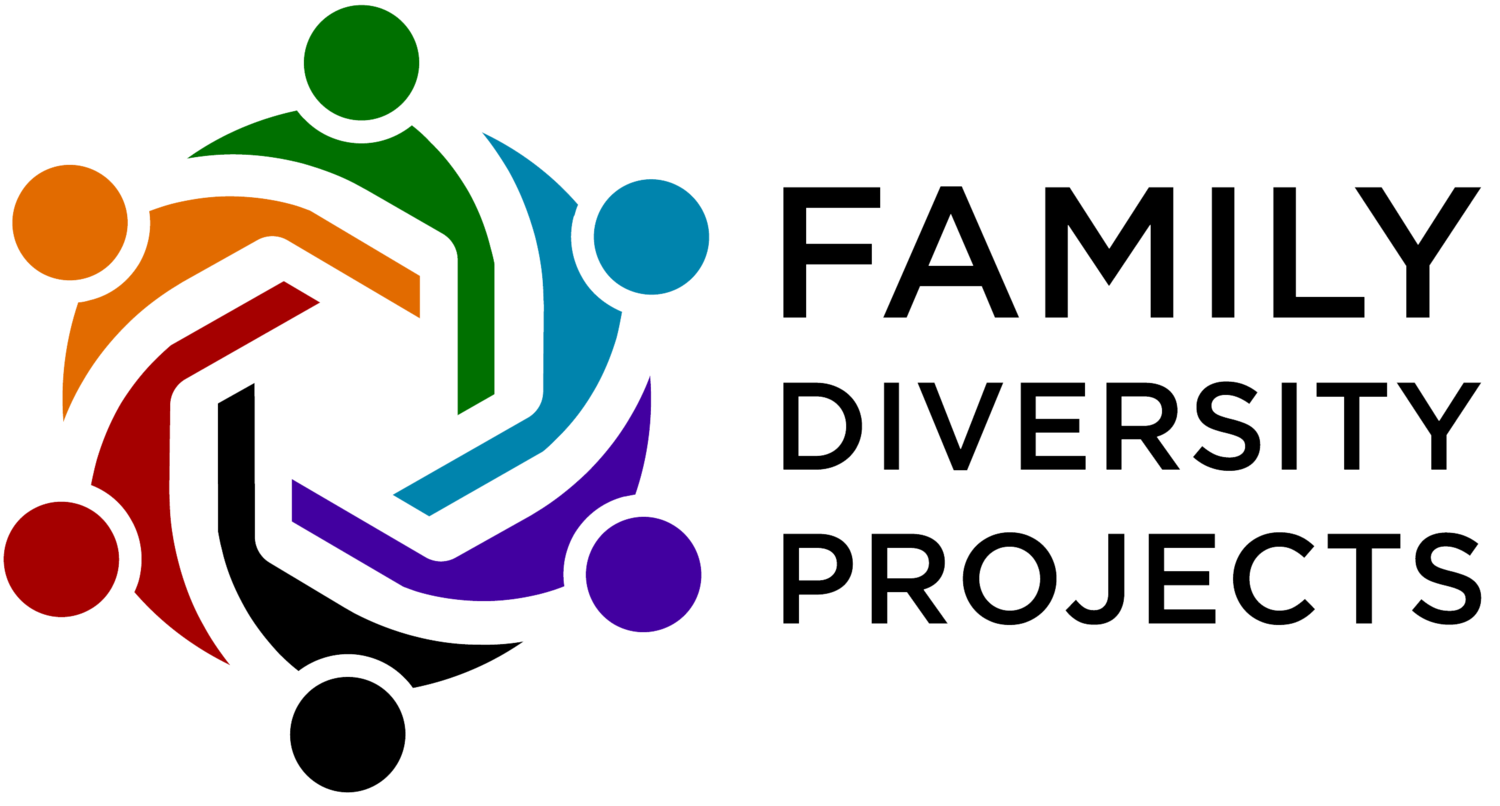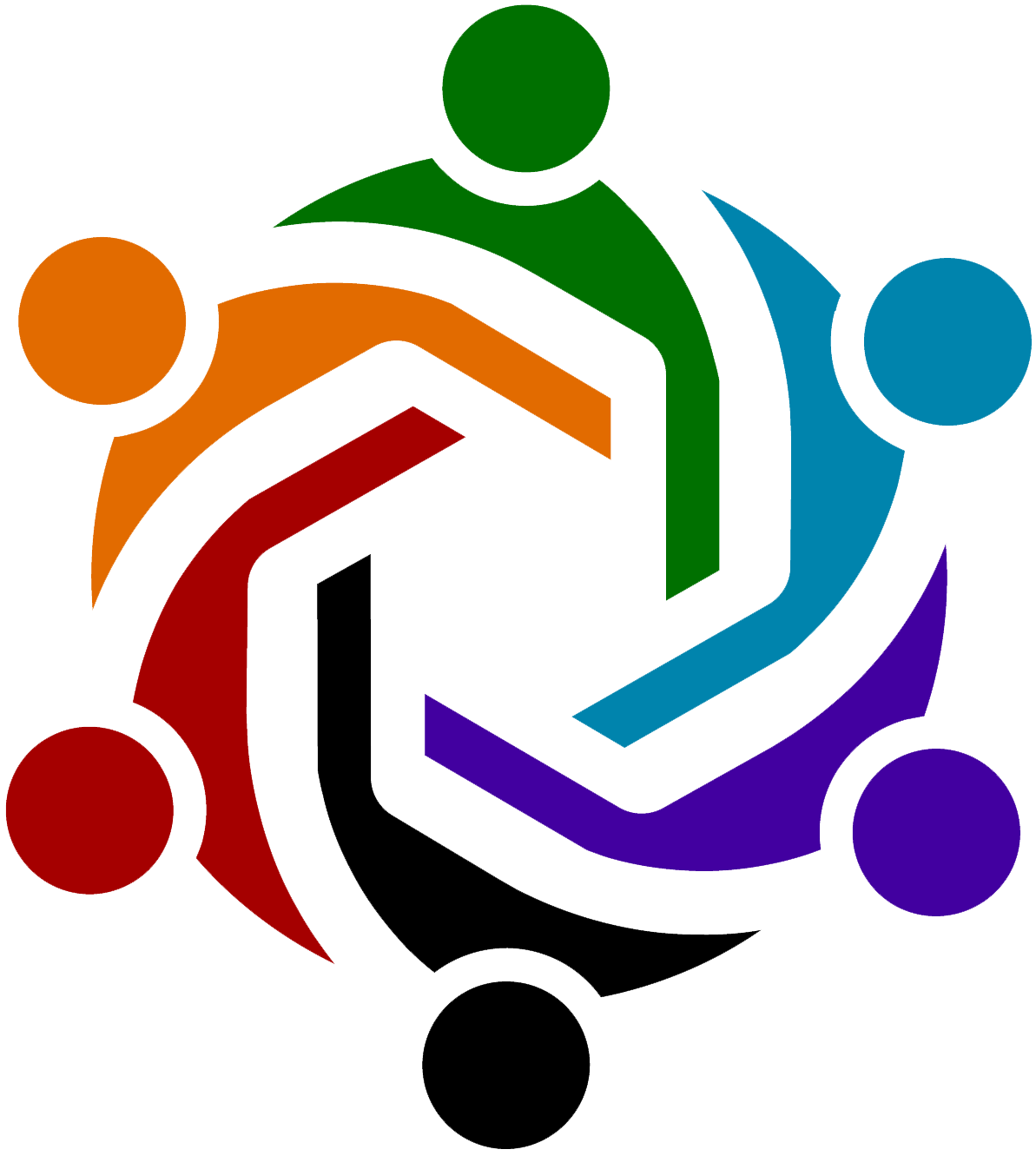
“Many of us asylum-seekers are leaving behind family and close friends in the only homes we have ever known. The fact that we would embark on such daunting journeys is testament to how dire the situations are in our home countries.”
Roger Jackson (alias) and John Reyes (alias)
Jamaican, and Dominican-American
Roger — Jamaica
Looking back, the first manifestation of my gay sexuality was when I had a crush on a classmate in the first grade. At that young age, I didn’t know that this wasn’t the norm in my Jamaican culture.
Throughout the remainder of primary school and into high school I began noticing that I wasn’t attracted to my female peers; however, there was a societal push to date girls. My male peers would often brag about their exploits, while I sat listening intently, not having anything to contribute, and wondering when puberty would kick in so I could be a part of the group.
That change never came. Fast-forward some years. I was eighteen and starting a civil engineering degree in the United States. The first things I noticed were the differences in weather and how queer folks were treated by society. LGBTQ people in America are generally free to live similar lives to heterosexual and cisgendered individuals. We are free to go on dates to restaurants and out to the movies.
In America, we are free to simply exist in contrast to life in Jamaica where LGBTQ people are not only shunned by society, but face lifelong religious abuse, mob beatings, and even murder. In 2012, two gay male university students were attacked by a mob of their fellow classmates and sought refuge at the campus police headquarters. Instead of receiving protection, they were severely beaten by the campus police.
Tourists view Jamaica as heaven on earth, but most LGBTQ Jamaicans have a much different view. It is literally hell there. After I finished college in the United States, I faced a choice: return to an unsafe situation in Jamaica or seek asylum. I chose asylum. As toxic as the current mood of life in America is, it is infinitely better than the danger that exists in Jamaica.
I take comfort in both the overt and covert forms of resistance to irrational discrimination and hatred. There is solace in knowing that my loving partner and the majority of Americans have my back and view me as simply human.
Many of us asylum-seekers are leaving behind family and close friends in the only homes we have ever known. The fact that we would embark on such daunting journeys is testament to how dire the situations are in our home countries. We are people just like everyone else, and we deserve freedom and safety.
John — Dominican-American
I’m not a political refugee, but I’m in love with an asylum seeker. I’m a second-generation American. My parents came to America as immigrants from the Dominican Republic when they were in their early twenties. Like many other immigrants, they came to America with the hope of starting new lives and chasing dreams. They both work at a family-owned supermarket now.
I grew up in a home with a mother and father, an older brother, a younger sister, and a small dog. It was a pretty simple childhood. Being Dominican comes with its perks: delicious food, great music, and a natural ability to sway your hips. It also comes with some downsides though: homophobia and misogyny.
I came out to my mother when I was only 15, and I’m going to be 21 this year. I knew the type of storm I would be brewing by coming out, but like many other young gay teenagers, I hoped my mother would welcome me out of the closet with open arms. That wasn’t the case then, and it still isn’t the case today, but that has never stopped me from seeking happiness on my own terms. I am privileged enough to live in a community that allows me to live my life safely regardless of my sexual orientation or gender identity.
When I first met Roger, I didn’t know that he was seeking asylum. When he told me, I knew very little about the process Roger would have to go through in order to receive official asylum status in the United States. What I did know was that we shared many similar experiences growing up, although we grew up in different parts of the world.
Roger has told me about his experiences as a gay man as well as stories about his queer friends back in Jamaica, and it’s never a pleasant conversation to have. But through our conversations comes healing, although I think it will take more than that to close the emotional wounds these queer people experience in their own countries just for being who they truly are.
By sharing our experiences with one another, Roger and I have built a bond that I have never had with anyone before. I believe that we inspire each other to be bold and to strive for a better tomorrow.

